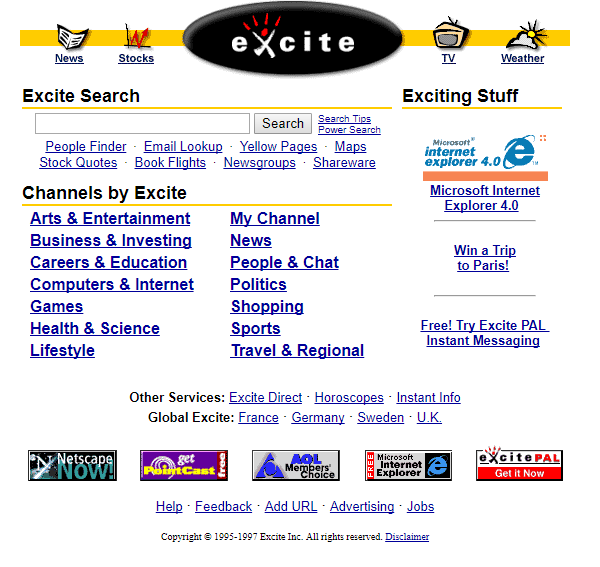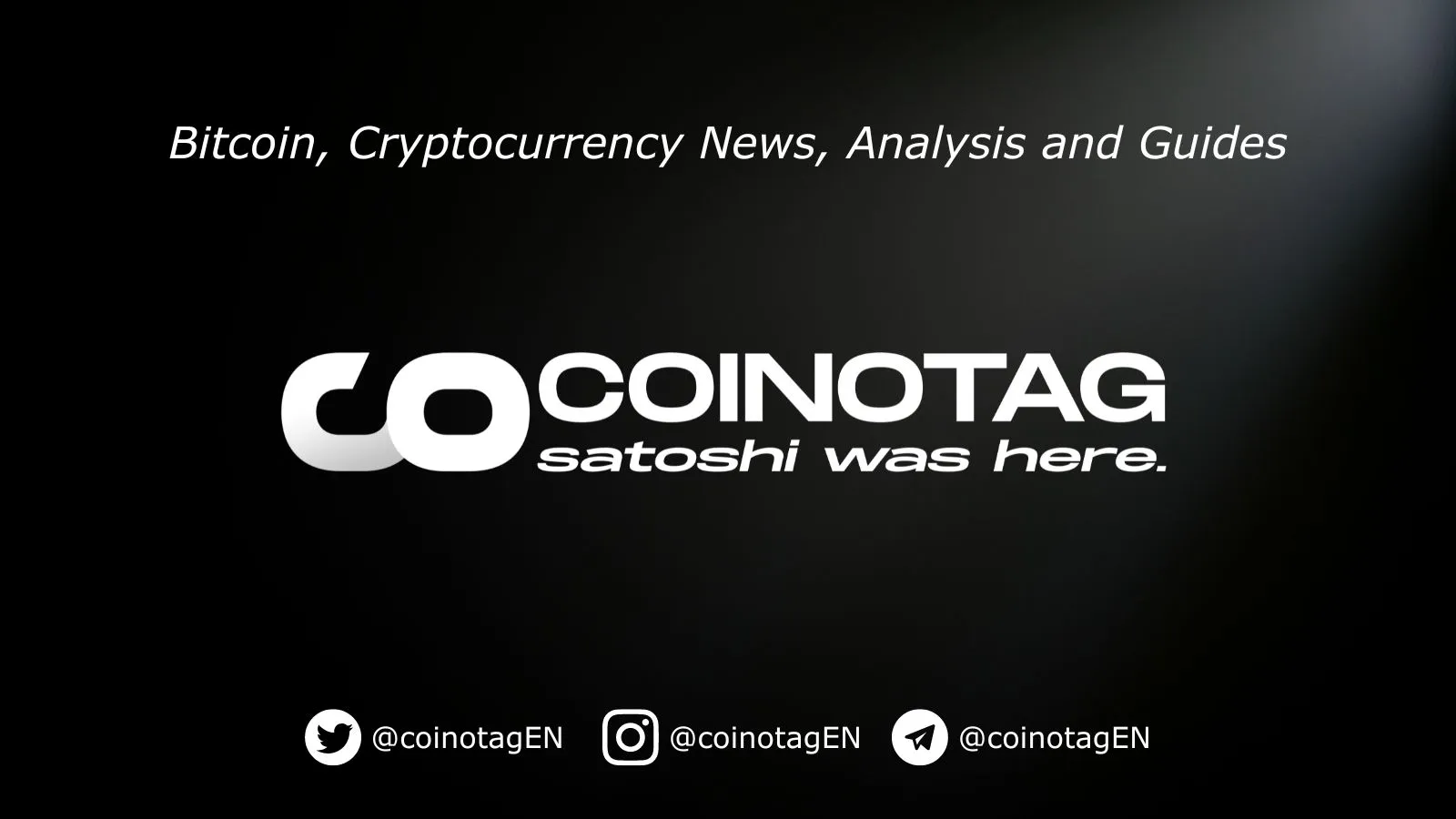Unsolicited commercial communication (UCC), often referred to as spam, is defined as “any commercial communication that is neither as per the consent nor as per registered preference(s) of recipient” and regulated as per the Telecom Commercial Communication Customer Preference Regulation (TCCCPR) 2018.
After five years of enacting this regulation, the common blockchain based distributed ledger technology (DLT), as advocated by the Telecom Regulatory Authority of India (TRAI), has been implemented by all the licensed Telecom and Internet Service Providers (TISPs) to protect consumers from spam calls. Further, severe penalties for sending spam calls that do not comply with the regulation, including blacklisting the sending entity for two years was notified by TRAI on August 13, 2024.
Thanks to these initiatives, data recently released by the Ministry of Communications indicates that the UCC calls have been decreasing over the telecom networks.
While the UCC regulations apply to the licensed TISPs, it is not applicable for the Over The Top (OTT) communication services (OTT-Com) such as WhatsApp Business, or Google’s Rich Communication Service (RCS) for business that allow Principal Entities (PEs) such as businesses, banks, along with their telemarketers (TMs), to send chats and related messaging to consumers.
The OTT-Com is provided over the public Internet, “untethered” from the underlying physical network. Due to the above regulations on spam over telecom networks, the telemarketers have resorted to spam over OTT-Com such as WhatsApp. Hence the reason for TISPs to lobby for bringing such OTT-Com also under the UCC regulations.
The TISPs provide inter-operable services (both voice and short message service) as defined by 3rd Generation Partnership Project (3GPP) and associated standards as enforced through telecom regulation. Hence the DLT platform that has been created by the TISPs provides inter-operability and acts as a single framework to contain spam calls. Is it possible to integrate the OTT messages into this common platform to contain spam over OTT-Com?
Originally developed by the Jabber open community, the Extensible Messaging and Presence Protocol (XMPP) has been customised to a great extent by OTT-Com providers such as WhatsApp, and Google Chat. The RCS used by Google for business communication was started by the GSM Association, the largest professional body supported by mobile operators, way back in 2008 to provide multimedia support to SMS. Hence there is reason to believe that using appropriate interfaces, it may be possible to integrate the OTT messages also to the existing DLT platform.
However, the OTT-Coms are not required to be inter-operable as these are not regulated entities.
Moreover, unlike the TISPs whose operational jurisdiction is well-bounded, OTTs provide their communication services across countries which have varied regulations for containing UCC. Hence the reluctance of the OTT providers to ensure compatibility with the DLT platform in India.
Message traceability
The other issue is “message traceability”. To enhance message traceability for containing spam, TRAI issued directions on August 20, 2024, that message from all sending entities to the recipients must be traceable from December 10, 2024. However, the applicability of this to OTTs is ambiguous. The Information Technology (IT) Act 2000 (2008) through Section 79, provides immunity to all the intermediaries such as OTT-Com providers.
However, the IT (Guidelines for Intermediaries and Digital Media Ethics Code) Rules 2021 has in its rules, 4(2) that “a significant social media intermediary providing services primarily in the nature of messaging shall enable the identification of the first originator of the information”. While the OTT-Com providers contend that adhering to this rule will upend the end-to-end security of their messaging services, whether the same is applicable to security and privacy of business messages needs a re-examination.
Considering all the above, can a telecom regulation such as TCCPR be applicable to unregulated OTT-Com providers? If not, should they be brought into the regulatory ambit is a question that haunts regulators around the world. The option that is always open to the OTT-Coms is to take proactive steps in containing spam messaging despite their business interest in promoting the same. This shall be implemented using a robust consumer consent framework and maintaining a repository similar to “do not call registry” maintained by the TISPs.
The regulators across the sectors have realised that the immunity for intermediaries for third party messages is passé. It is time OTT-Coms look at interoperability of their messaging platforms to facilitate curbing spam calls so that uniform rules shall be applicable. The day is not far off as the Digital Markets Act 2022 of the European Union requires all significant OTT-Coms (also referred to as Gatekeepers) to enable their interpersonal communications services interoperable with other service providers.
Towards this, Meta, earlier this year, published ‘WhatsApp Reference Offer’ on the technical requirements to enable third-party providers to provide inter-operable services with WhatsApp. As the work on interoperability of OTT communication apps have already started, it is time that we incorporate these clauses into our regulatory framework as well.
The writer is Professor, IIIT-Bangalore








Leave a Comment